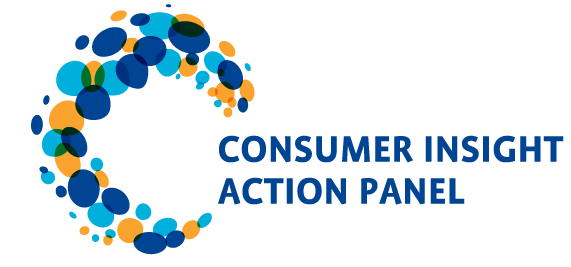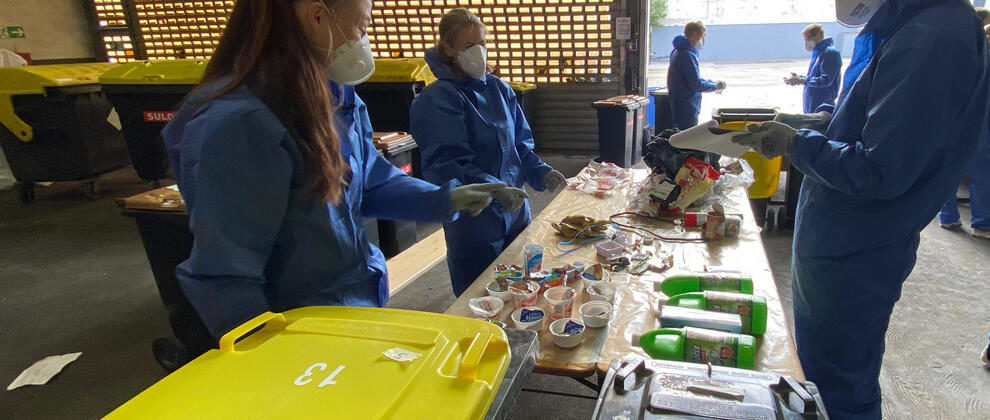Wuppertal. On average, Germans generate 227.5 kg of packaging waste per capita per year, of which only around 70 % is recycled. The Collaborating Centre on Sustainable Consumption and Production (Wuppertal) and the Consumer Initiative (Berlin) want to reduce the amount of waste and increase the recycling rate.
To this end, they founded the packaging club in an initial project funded by the Deutsche Bundesstiftung Umwelt (DBU) to jointly develop solutions. With the help of real laboratories, a second project is now to gather knowledge for action and derive recommendations for practical application. The DBU is supporting the project with 481,620 euros.
Packaging waste is increasingly becoming a problem in Germany
March 18 is Global Recycling Day. The Global Recycling Foundation‘s worldwide day of action calls for a more conscious approach to plastic waste and more recycling. Packaging waste is also increasingly becoming a problem in Germany: according to the packaging study by the Federal Environment Agency (UBA), more than 18 million tons of packaging waste were generated in Germany in 2017. That is almost 30 % more than 20 years ago. “Plastic waste is a particular challenge. Their share is steadily increasing, and only about half is subsequently recycled,” says DBU department head Dr. Volker Berding, who is responsible for resource management, among other things. According to Berding, this packaging pollutes the environment in various ways – for example, through microplastics that end up in the oceans or through carbon dioxide emissions.
Sustainability is becoming increasingly important
Against this background, sustainability is becoming increasingly important – especially for consumers. “Many see the responsibility for this as lying with legislators, retailers and manufacturers,” says project manager Stephan Schaller. “But by buying recyclable products and separating and disposing of them properly later, customers also play a central role in closing resource cycles.” At the same time, he says, retailers are becoming more aware of the issue. According to Schaller, many have made it their goal to reduce the amount of packaging and offer more recyclable products and packaging. According to Schaller, “For manufacturers, this means a certain amount of pressure, but also the opportunity to position themselves as innovative and sustainable.”
According to project manager Schaller, the second project on packaging waste avoidance, which has now been launched, is about finding out “which measures and packaging innovations promote consumer behavior in the direction of circularity.” The aim is to provide retailers and manufacturers with solutions for implementing the circular concept as effectively as possible with customers in mind. “In this way, customers and manufacturers could find ways out of the plastic flood together,” says Schaller.
This article is a translated version of the DBU press release ” Wege aus der Plastikflut”, you find the original article here.


